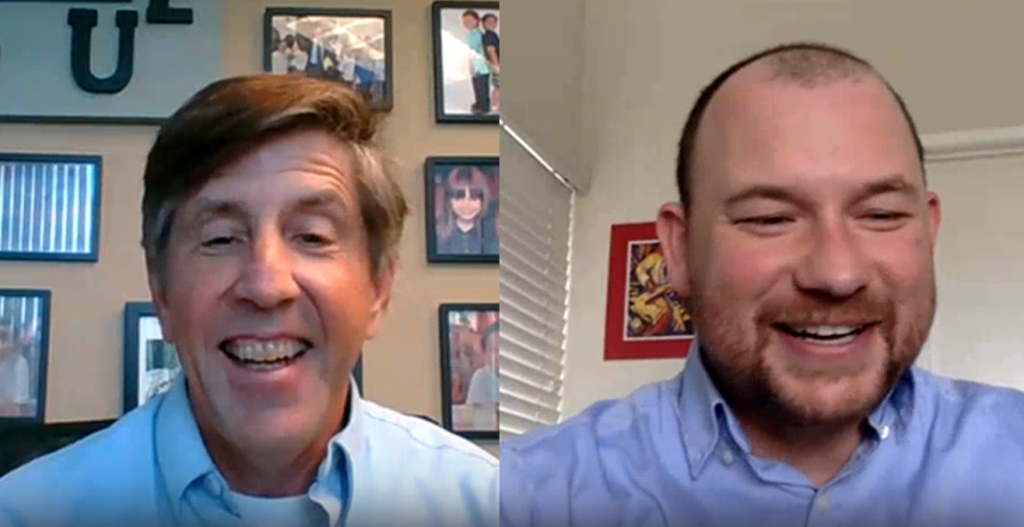 In this episode, Tuthill talks with a senior research fellow in education for the Christensen Institute whose work focuses on studying innovations that amplify educator capacity, documenting barriers to K-12 innovation, and identifying disruptive innovations in education.
In this episode, Tuthill talks with a senior research fellow in education for the Christensen Institute whose work focuses on studying innovations that amplify educator capacity, documenting barriers to K-12 innovation, and identifying disruptive innovations in education.
Tuthill and Arnett discuss the future of public education and the various “blended learning” models available for students today that leverage technology to customize education based individual needs.
In the midst of a worldwide pandemic that has disrupted education in unprecedented ways, both believe new learning models such as blending online learning with traditional brick-and-mortar education will help alleviate pandemic-related health concerns while serving as a long-term option more families will choose. They also discuss inherent problems of equity surrounding access and varying levels of parental and family involvement.
“As a parent I often found myself wondering, “what are my kids really learning?… I can make this learning much better for them if we can talk about it (at) the dinner table … right now necessitates a greater interdependence between home and school.”
EPISODE DETAILS:
· COVID-19 as an accelerant to changes in public education
· How technology can be used more assertively to enhance education productivity and reduce inequity
· Types of learning best delivered face to face versus delivery online and best practice for optimizing lesson plans
· How to help parents meet their growing role in public education
· How public education can begin to unbundle services to better serve communities
LINKS MENTIONED:
Blended learning models that can help schools reopen


